Proteases
Proteases, also known as peptidases or proteolytic enzymes, consists of a large number of enzymes catalyzing the hydrolysis of peptide bonds and subsequently resulting in the degradation of protein substrates into amino acids. Proteases are involved in a wide range of human diseases, including cancer, neurodegenerative disorders, inflammatory diseases and cardiovascular diseases. Thus numerous proteases inhibitors (small molecules and proteins) have been identified to block activity of proteases. Proteases inhibitors can be classified into different types based on the class of proteases they inhibit through two general mechanisms, irreversible “trapping” reactions and reversible tight-binding reactions. Proteases inhibitors have been used as diagnostic or therapeutic agents for the treatment of proteases-related diseases.
-
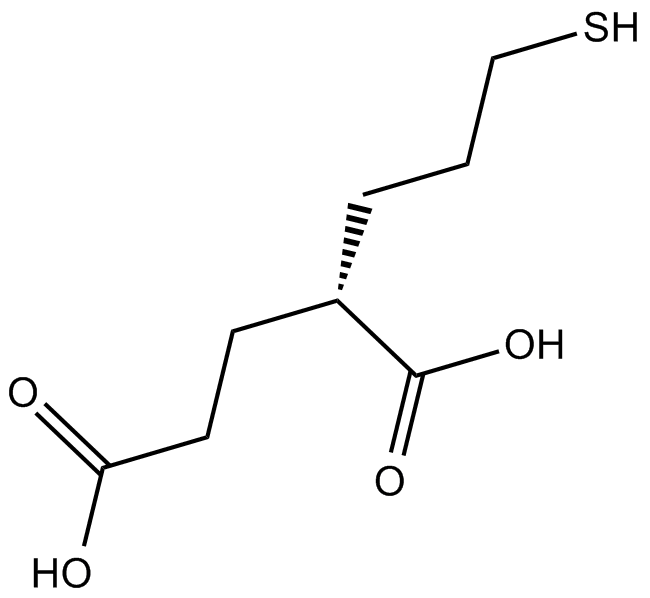 B7734 2-MPPASummary: glutamate carboxypeptidase II (GCP II) inhibitor
B7734 2-MPPASummary: glutamate carboxypeptidase II (GCP II) inhibitor -
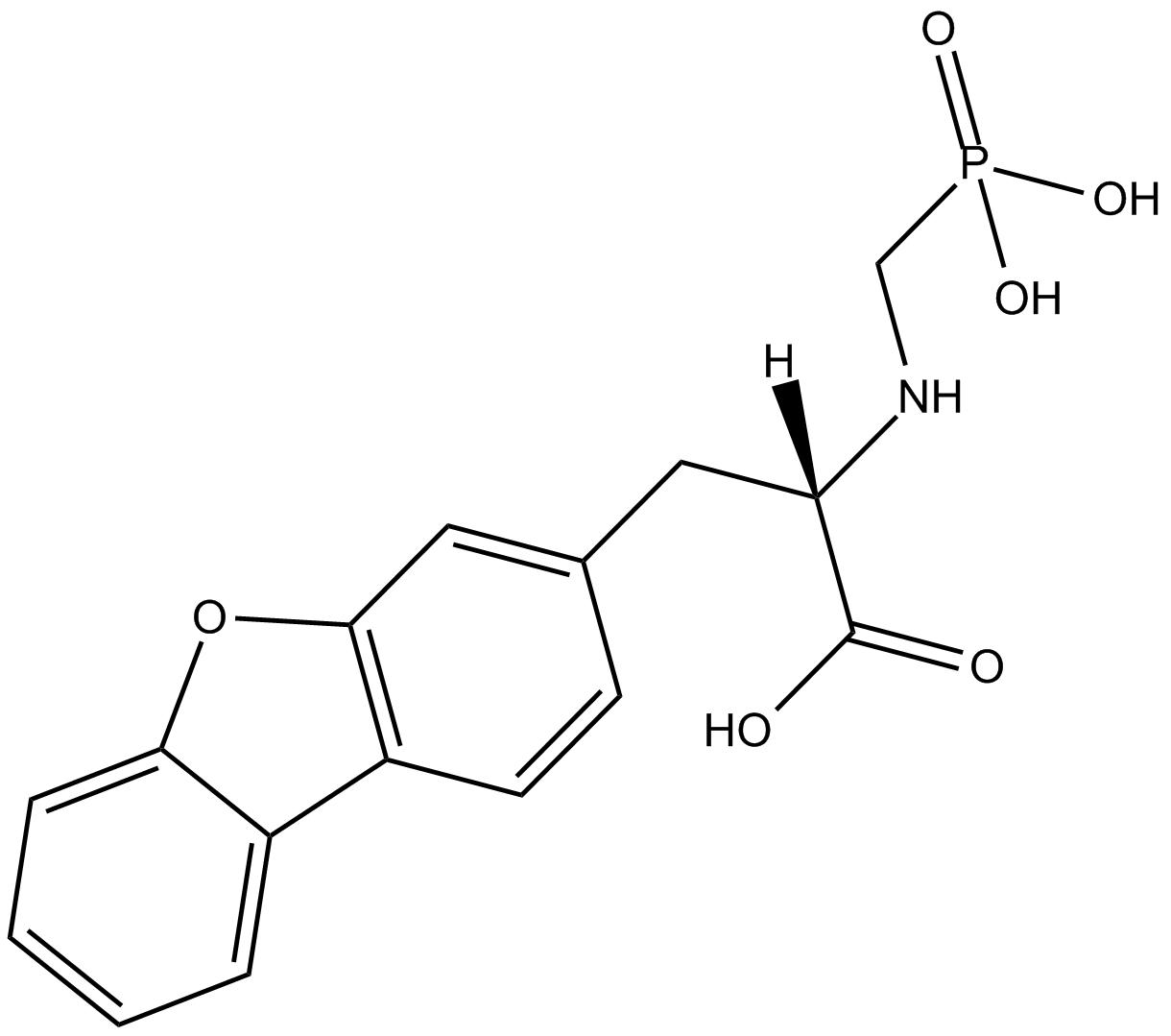 B5310 CGS 35066Summary: endothelin-converting enzyme (ECE) inhibitor
B5310 CGS 35066Summary: endothelin-converting enzyme (ECE) inhibitor -
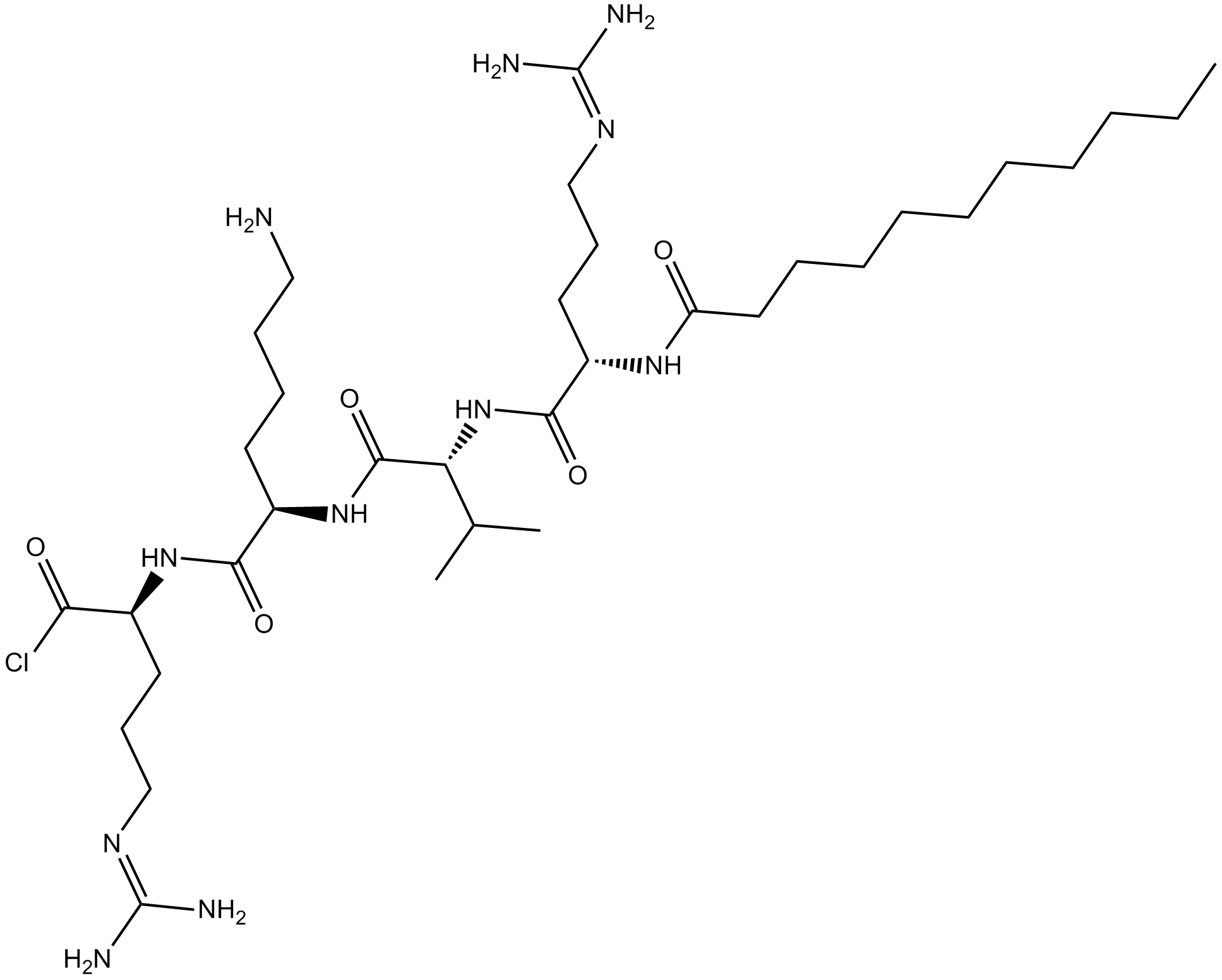 B5437 Decanoyl-RVKR-CMKTarget: Subtilisin/Kex2p-like proprotein convertaseSummary: Subtilisin/Kex2p-like proprotein convertase inhibitor
B5437 Decanoyl-RVKR-CMKTarget: Subtilisin/Kex2p-like proprotein convertaseSummary: Subtilisin/Kex2p-like proprotein convertase inhibitor -
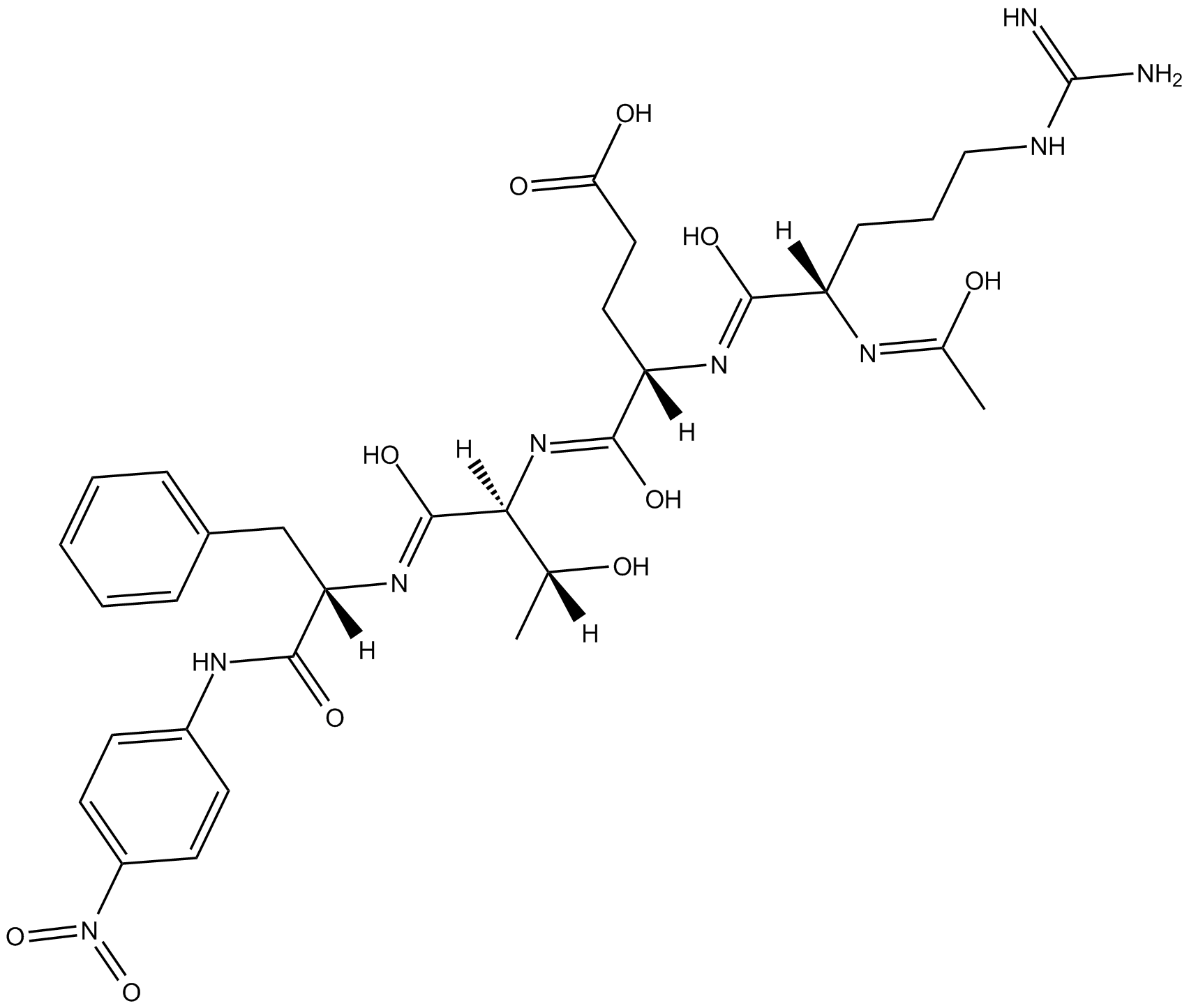 B5485 RETF-4NASummary: chymase substrate peptide
B5485 RETF-4NASummary: chymase substrate peptide -
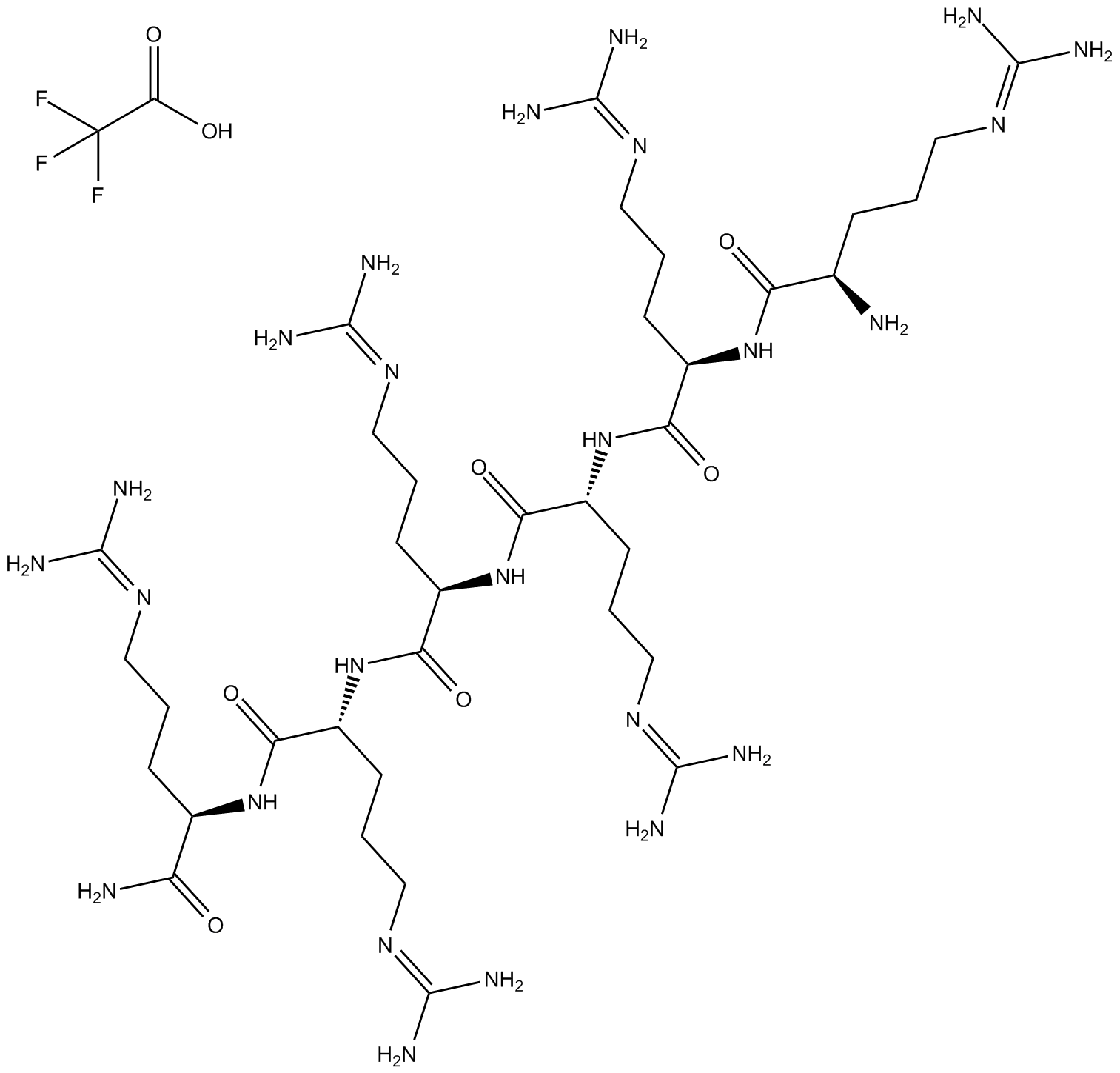 B5692 Hexa-D-arginine TFASummary: furin inhibitor
B5692 Hexa-D-arginine TFASummary: furin inhibitor -
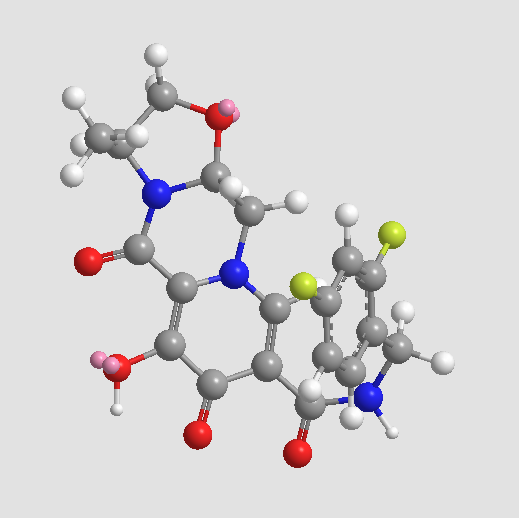 A8566 GSK744 (S/GSK1265744)Summary: HIV integrase inhibitor, oral active and long-acting
A8566 GSK744 (S/GSK1265744)Summary: HIV integrase inhibitor, oral active and long-acting -
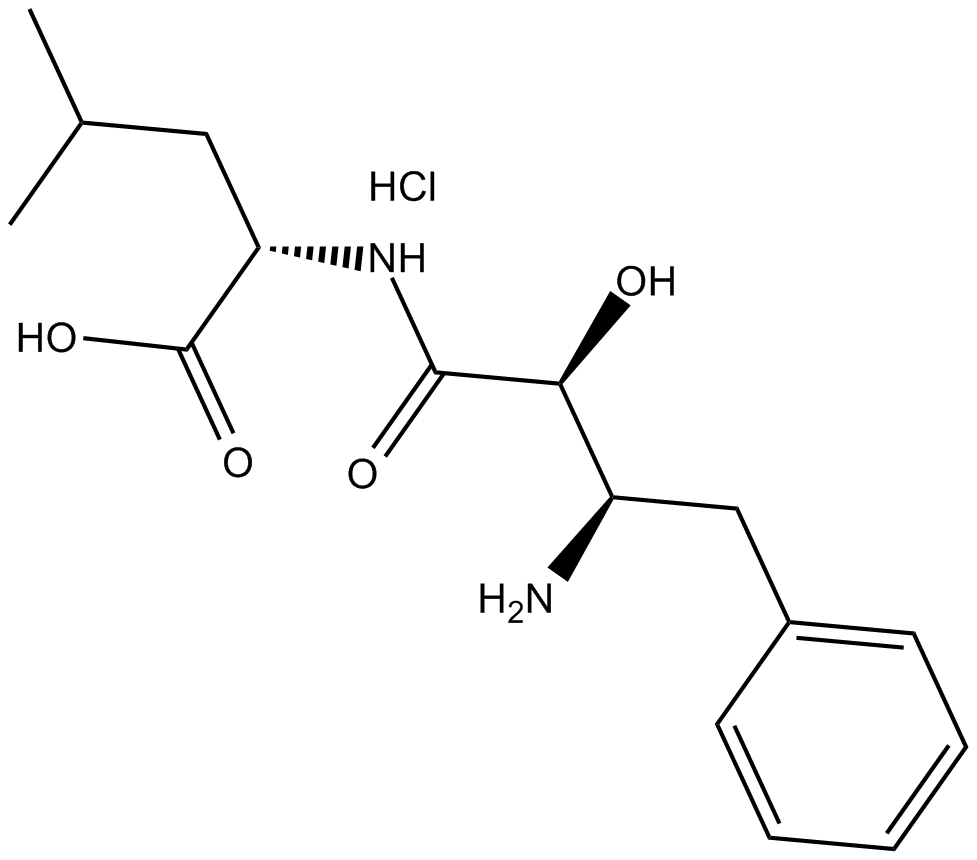 A8621 Bestatin hydrochlorideTarget: AminopeptidasesSummary: Inhibitor of aminopeptidase N (APN)/CD13 and aminopeptidase B.
A8621 Bestatin hydrochlorideTarget: AminopeptidasesSummary: Inhibitor of aminopeptidase N (APN)/CD13 and aminopeptidase B. -
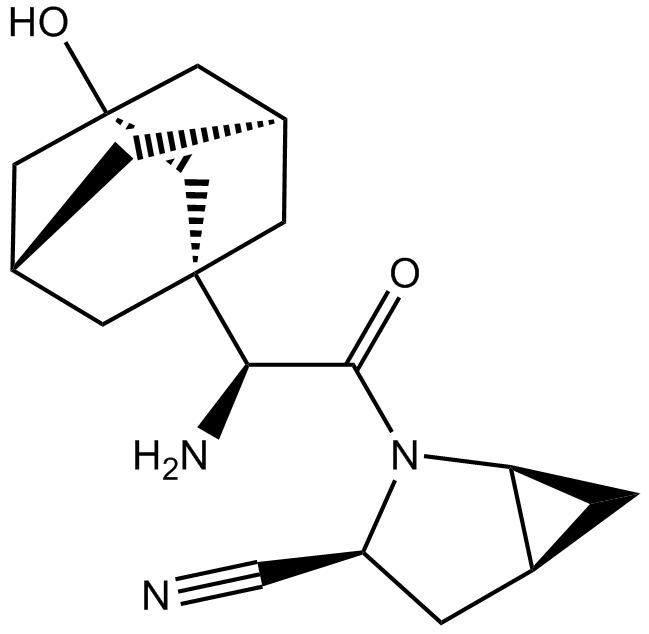 A8650 SaxagliptinTarget: DPP-4Summary: Selective DPP4 inhibitor
A8650 SaxagliptinTarget: DPP-4Summary: Selective DPP4 inhibitor -
 A9901 Caspase Inhibitor Set ISummary: Caspase Inhibitors
A9901 Caspase Inhibitor Set ISummary: Caspase Inhibitors -
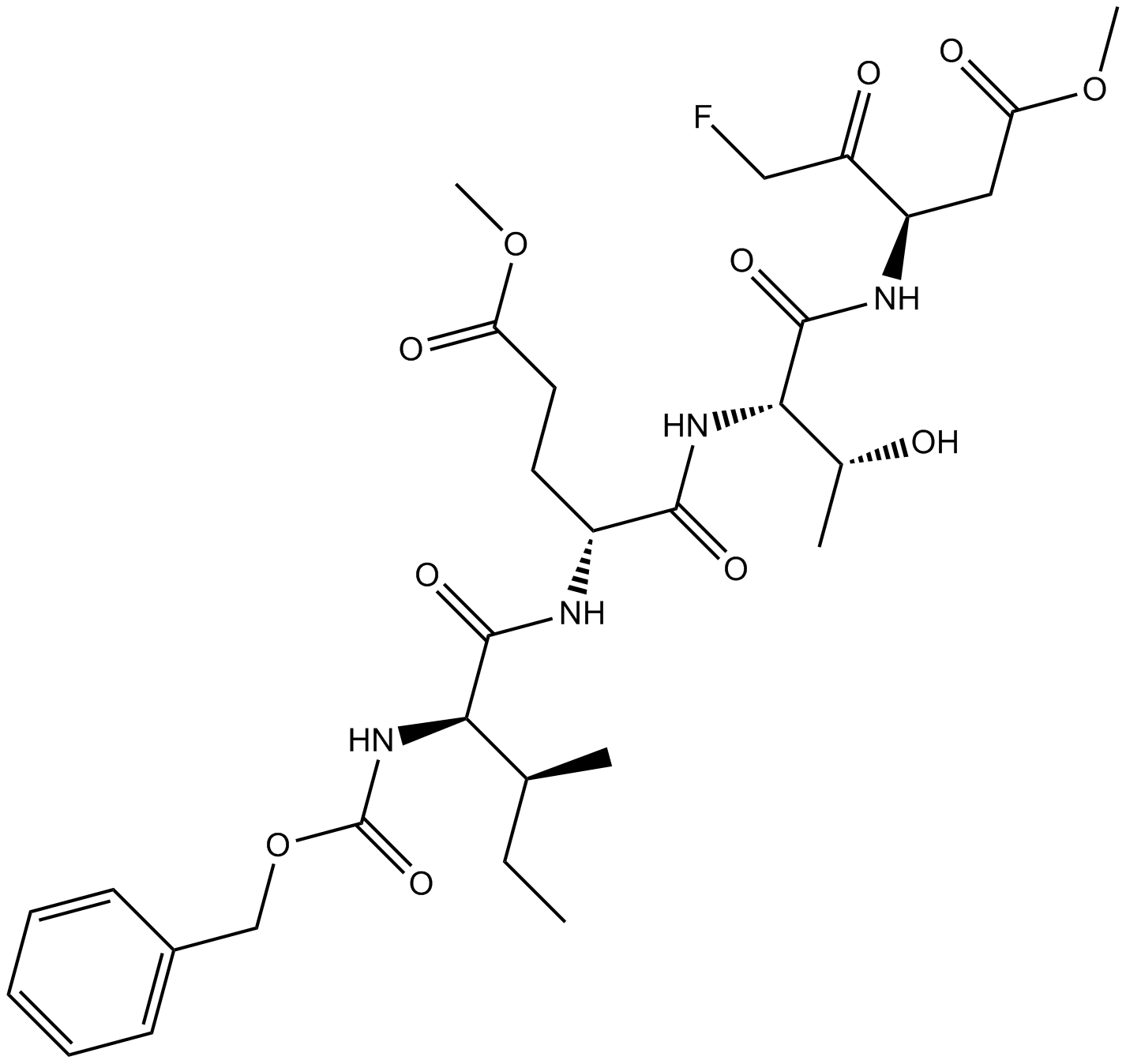 B3232 Z-IETD-FMK12 CitationTarget: CaspasesSummary: Caspase-8 inhibitor
B3232 Z-IETD-FMK12 CitationTarget: CaspasesSummary: Caspase-8 inhibitor

